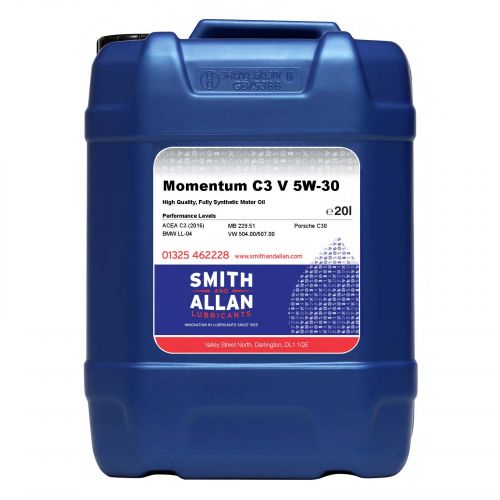What's an "oil change"? Do you guys have to do this every year? What a palaver! (

)
Seriously, however, the sheer range of modern oils has become absolutely bewildering - particularly for older cars - especially if they pre-date some of the more modern oils. For me, the most important thing, is to check out the ACEA specification against the handbook recommendation. So if the handbook says "ACEA B2" or something like that, I try to find that. The viscosity is less important. My old '80s petrol Alfa is supposed to run on 10W40 mineral oil, because that's pretty much all there was when it was designed. Since then, I've put lots of different grades in it, and it doesn't seem to care. Fully synthetic 10W50 is what I'm on now. It's got 150,000 on it and it burns a bit less of the thicker stuff. Of course, it doesn't have a turbo or a cat, so I don't need to worry too much.
Personally, I'm not sure I'd reduce the bottom (cold viscosity) number. It's
probably safe, but the engine would have been designed to do cold starts on a "10" and 108,000 miles and the bearing clearances will be bigger, rather than smaller than when it left the factory. I think it might rattle a bit on cold startups with a 5 in it.
If I was going to splash out on fully synthetic, I might be tempted to go a bit higher on the second number, so that the oil pressure is a bit better when hot. I don't think that will do any harm to a worn engine, and might do some good. Synthetic oils can cover a broader range than mineral oils ever could. If 10W50 had been around when the Scudo was designed, I'm sure they'd have used it. Anything that reduces the amount it thins out hen hot, is good. Alfa have even specified 10W60 as a retrofit to some turn-of-the-millennium engines to reduce oil consumption on track days.
Worth remembering that a lot of the bells and whistles on the most modern oils are to do with protecting the cat and the DPF, rather than the engine.


